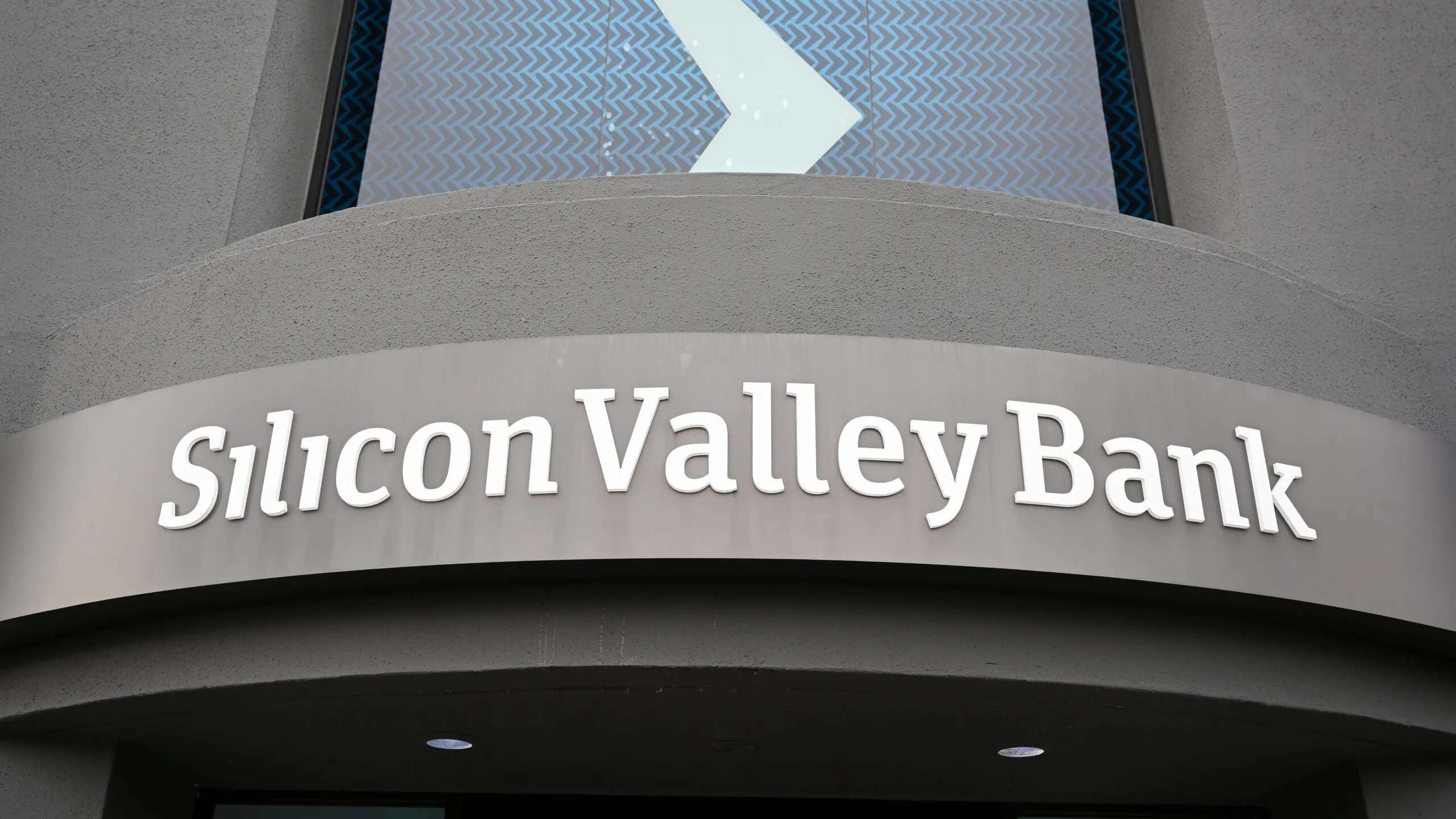First Citizens Bank will acquire Silicon Valley Bank on Monday after the latter company faced a run on deposits and collapsed.
The implosion of Silicon Valley Bank, where the vast majority of account balances exceeded the $250,000 threshold guaranteed by the Federal Deposit Insurance Corporation, also called the FDIC, prompted the government-backed company to secure all accounts to prevent additional bank runs. Silicon Valley Bank had been forced to sell a long-term bond portfolio at a substantial loss to cover deposit requests.
The FDIC revealed in a statement that the 17 branches of Silicon Valley Bank will be operated by First Citizens Bank as soon as Monday, while all depositors will automatically become account holders at the company. First Citizens Bank will purchase $72 billion of Silicon Valley Bank’s assets at a discount of $16.5 billion, while $90 billion will remain with the FDIC.
“First Citizens has a reputation for financial strength, exceptional customer service and prudent lending that spans 125 years,” said First Citizens Bank CEO Frank Holding. “We have partnered with the FDIC to successfully complete more FDIC-assisted transactions since 2009 than any other bank, and we appreciate the confidence the FDIC has placed in us once again. We look forward to building relationships with our new customers and positioning our company for continued success as we affirm our commitment to support the integrity of our nation’s banking system.”
First Citizens Bank, based in Raleigh, North Carolina, will assume management of $56 billion in Silicon Valley Bank deposits. The failure of Silicon Valley Bank cost the Deposit Insurance Fund, which is funded by fees on banks, an estimated $20 billion.
The bond portfolio sold by Silicon Valley Bank, which regulators shuttered on March 10, had declined substantially in value amid Federal Reserve actions to hike interest rates and combat inflation. Assets in the overall banking system are now $2 trillion lower than their book value, according to a study from analysts at the National Bureau of Economic Research, prompting worries about the stability of the sector.
Treasury Secretary Janet Yellen commented last week that withdrawals from regional banks have stabilized and asserted that the financial system remains sound.
“The American economy relies on a healthy banking system that can provide for the credit needs of families and businesses,” she said in remarks to the American Bankers Association. “Let me be clear: the government’s recent actions have demonstrated our resolute commitment to take the necessary steps to ensure that depositors’ savings and the banking system remain safe.”
CLICK HERE TO GET THE DAILYWIRE+ APP
Officials shuttered Signature Bank, where a majority of account holders likewise had deposits exceeding the $250,000 insurance threshold, on March 12. New York Community Bancorp acquired the firm for more than $38 billion. It will service the defunct firm’s clients via Flagstar Bank, exacerbating fears about additional consolidation in the financial sector due to the present volatility.
The two largest banks in Switzerland, UBS and Credit Suisse, similarly merged last week as the former purchased the latter for more than $3 billion. Credit Suisse, formerly the eighth-largest investment bank in the world, had struggled over the past several years under lackluster risk and compliance management.

.png)
.png)

